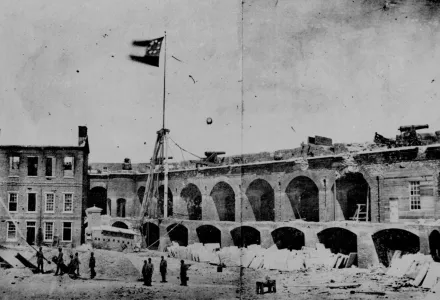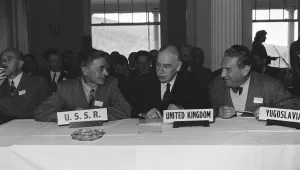
Abstract
This paper argues that historical analysis, necessarily written with hindsight, often underestimates the uncertainties of the past. We call this tendency explanation bias. This bias leads individuals—including professional historians—to imply greater certainty in causal analyses than the evidence justifies. Their analyses will treat what is plausible to be probable. We offer a few intuitions about why explanation bias exists, its relation to other well-established psychological biases, what it leads to, and how it might be combatted. Appreciating the depth of uncertainty and ignorance in our world is critical for accurately understanding, interpreting, and drawing from the past to illuminate the present and the near future.
Mukharji, Aroop and Richard Zeckhauser. "Bound to Happen: Explanation Bias in Historical Analysis." Journal of Applied History, (December 10, 2019).
The full text of this publication is available via Journal of Applied History.




